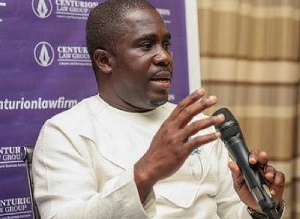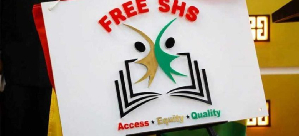In the grand tapestry of Africa's struggle for economic autonomy and sovereignty, recent events in Niger have thrust a long-simmering issue into the global spotlight: the complex and often-contentious relationship between France, its control over national reserves, and the surge of insurgency across the continent. Beneath the surface of political upheaval lies a web of intricate connections that intertwine local aspirations, neocolonial influences, and the specter of Western intervention.
Since the early 1960s, France's dominion over the national reserves of fourteen African countries, mediated through the CFA franc currency, has cast a shadow over economic decision-making and monetary policies. This long-standing arrangement, once perceived as a symbol of cooperation, has metamorphosed into a symbol of economic shackles, igniting fervent calls for sovereignty and self-determination.
The nexus between foreign influence and domestic friction is not a simple two elements or part; rather, it is an intricate dance of intertwined challenges. The economic disparities that result from France's control provide insurgent groups with fertile ground to exploit grievances and garner support.
Simultaneously, Western counter-terrorism efforts, while aiming to quell extremism, have inadvertently sowed the seeds of resentment through civilian casualties and perceived neocolonial tendencies.
The convulsions seen across Africa, like the recent Niger coup and the swells of anti-French sentiment, are the products of this complex interplay. Yet, finding a way forward is an approach that encompasses the multifaceted nature of the region's crises. Addressing the internal dynamics and structural issues is as crucial as scrutinizing external influences. It's a challenge that demands nuanced thinking, an understanding that rarely can be categorized as an event of stark black-and-white terms.
Amidst the turmoil, the call for equitable economic relationships is resounding with newfound urgency. The chains of financial dependency are being rattled as African nations endeavor to reclaim their autonomy and steer their destinies. The global northwest watches with bated breath, pondering whether the era of financial inequality can be dismantled.
To pave the way toward sustainable stability and empowerment, a comprehensive approach is essential. Economic inequalities must be confronted head-on, and good governance should be championed. The local agency in decision-making is paramount, as is self-determination in shaping the socioeconomic landscape. As foreign actors recalibrate their roles, an equitable and balanced engagement should replace outdated neocolonial power dynamics.
The ongoing interplay between internal aspirations and external pressures is intricate, but it's also an opportunity for Africa to redefine its narrative. The radical path to sovereignty is not one of isolation but of inclusive empowerment—a delicate blend of reclaiming economic control, curbing insurgent motivations, and balancing foreign influence.
As Africa charts its course through these treacherous waters, a renewed sense of hope emanates. The continent's history of resilience and triumph is a testament to its ability to rewrite its future. To dismantle economic disparities and embrace a truly sovereign identity, Africa stands poised to transform its narrative from one of dependency to one of empowerment. Moreover, as the intricate tapestry of internal challenges and external influences unfolds, the world holds its breath, collectively hoping that this chapter will usher in an era of sustainable stability and unshakable empowerment”.
Opinions of Sunday, 20 August 2023
Columnist: Edward Mortey
Unraveling the Nexus: Charting a new paradigm for economic sovereignty amidst foreign influence and insurgency in Africa
Entertainment


















